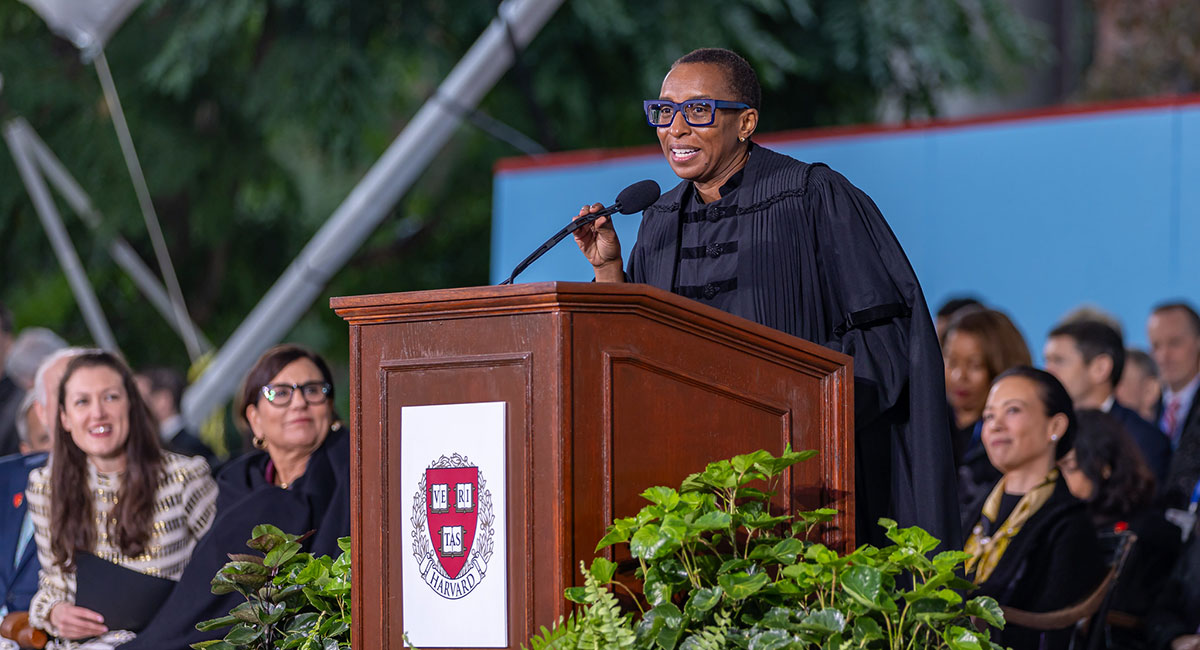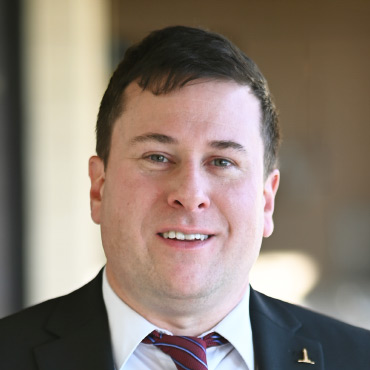Claudine Gay has resigned from the presidency of Harvard. In the end, allegations of serial plagiarism proved to be her undoing. Ongoing reviews of Gay’s academic work have revealed some 50 different instances in which she lifted blocks of text from other authors without the requisite quotation marks and often without the appropriate citations. In Gay’s case, these problems spanned two decades and implicated passages in more than half of her published scholarly works.
Longstanding academic conventions treat plagiarism as a cardinal sin of scholarship, and Harvard is no exception. The university’s rules for students take a strict stance against what it calls “mosaic plagiarism,” or the copying of “bits and pieces from a source...changing a few words here and there without either adequately paraphrasing or quoting directly.” The practice almost perfectly describes the allegations against Gay, who appears to have mosaic-plagiarized several paragraph-length passages from other authors. Students at Harvard face severe consequences for similar behavior, including year-long suspensions from classes or even expulsion from the university. In 2020, the university suspended 27 students and placed another 56 on academic probation for honor code violations, with plagiarism cases comprising the second most common offense after cheating on exams.
As the month-long plagiarism saga played out, it became increasingly apparent to any outside observer that Claudine Gay no longer possessed the moral authority to lead the university under its own policies, let alone longstanding norms of scholarly ethics. Instead, the board of the Harvard Corporation adopted an Orwellian defense strategy of attempting to redefine the very concept of plagiarism to exclude their president’s transgressions. Gay’s scholarship, they conceded, contained “duplicative language” and “instances of inadequate citation” that warranted correction, but lacked “intentional deception, which,” the university now maintained, “is a required element for a determination of research misconduct.”
Compare this novel rendering with Harvard’s published rules for students, which state: “Taking credit for anyone else's work is stealing, and it is unacceptable in all academic situations, whether you do it intentionally or by accident.”
Harvard’s leadership isn’t the only party engaged in tendentious excuse-making to avoid using the P-word at all costs. Since Gay’s resignation, several commentators have deflected all attention away from her transgressions by portraying her as a victim of a right-wing smear campaign. In disregarding the evidence, they push the boundaries of academic ethics into self-contradictory absurdities. Consider the Associated Press, which redesignated plagiarism as a “new conservative weapon” to undermine higher education. The ability to plagiarize is also apparently protected by “academic freedom,” at least according to the New York Times writer Nikole Hannah-Jones. Numerous supporters of Gay in the ranks of journalism and academia have dismissed all evidence of her transgressions by attacking the journalists who brought them to light. Aaron Sibarium, Chris Rufo, Chris Brunet, and others are acting in “bad faith” and must be ostracized from the conversation, no matter the evidence.
Sadly, labeling critics as “bad faith” actors has become a default weapon of its own for burying factually accurate revelations of academic misconduct by figures on the political left. We saw this same defensive pattern emerge in the early 2000s controversy around Michael Bellesiles, then a history professor at Emory University. Bellesiles’s book, Arming America, skyrocketed to academic fame primarily because its historical narrative bolstered present-day arguments for firearms regulation. When researcher Clayton Cramer uncovered evidence that Bellesiles falsified his sources and made unsupported claims from nonexistent historical records, academia circled the wagons. The American Historical Association passed a resolution depicting Bellesiles as a victim of harassment, and numerous scholars attacked Cramer as a “bad faith” critic with ties to the firearms lobby. They only changed their tune when the evidence became impossible to ignore, resulting in Bellesiles’s resignation and the revocation of the prestigious Bancroft Prize for his book.
Last year, I discovered signs of possible plagiarism by Kevin M. Kruse, a Princeton historian and left-wing Twitter celebrity. Much like Claudine Gay, Kruse cribbed text from other authors without the requisite quotation marks or, in some cases, citations. In one case, Kruse copied the thesis statement of his dissertation from another author’s book, only modifying its location from Detroit to Atlanta. A review in the Chronicle of Higher Education concluded that “what Kruse did in those instances is, by almost any definition, plagiarism” and further cited Princeton’s own policies, “which specifically say that sloppiness is not an acceptable excuse.” To Kruse’s supporters though, I was a “bad-faith actor” on account of simply disagreeing with Kruse’s progressive politics. Presaging Harvard’s own deflection strategy, Princeton contradicted its published rules and excused away the evidence as “careless cutting and pasting.”
Unfortunately, as these and similar cases reveal, faculty with the “correct” political ideology are frequently exempted from otherwise rigid standards of academic integrity at elite institutions. Claudine Gay is simply the latest beneficiary of a leftwing intellectual privilege that not only excuses away research misconduct—it also attempts to shift the blame onto the parties who made the discovery, no matter the validity of the evidence.
The resulting epistemic fluidity is a hallmark of the “critical theory” mindset that currently dominates large swaths of academia. So is the willingness to selectively discard longstanding rules against plagiarism when they inconvenience one’s own teammates. After dividing the world into oppressors and the oppressed, all other judgment calls depend solely on whether they serve a favored ideological perspective. The validity of evidence becomes wholly subordinate to the question of whether it advances or embarrasses a particular political objective. For this reason, it is not uncommon to see strident defenses of Gay by the very same academics who howled at Neil Gorsuch and Melania Trump over significantly lesser allegations of plagiarism. The substance of the charge does not matter in these circumstances—only its usefulness to the political cause.
Ironically, it is higher education’s leftward shift toward a progressive monoculture in the last two decades that reinforces the importance of outside voices in screening for scholarly misconduct. When academia refuses to police its own for blatantly political reasons, as happened with Claudine Gay, it takes outside voices to take up that task. Under such conditions, the true “bad-faith” actors are not the critics of a serial plagiarist, but rather those who seek to bury unflattering truths about their own team by changing the rules of the game.









